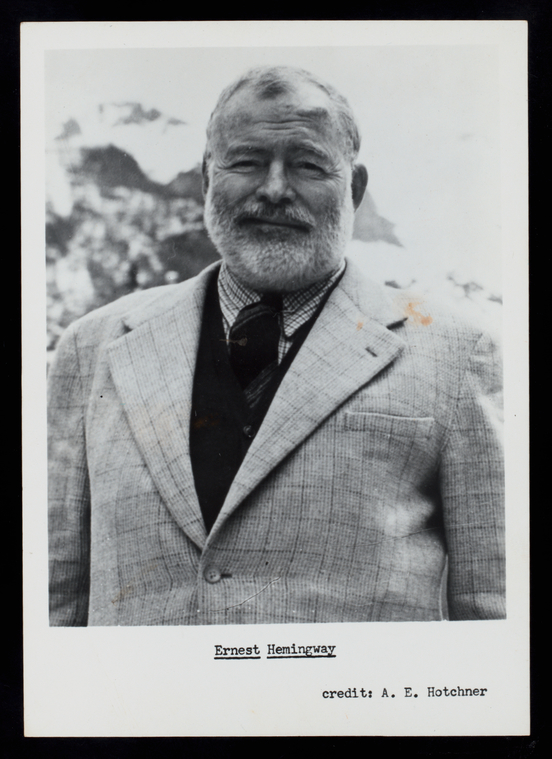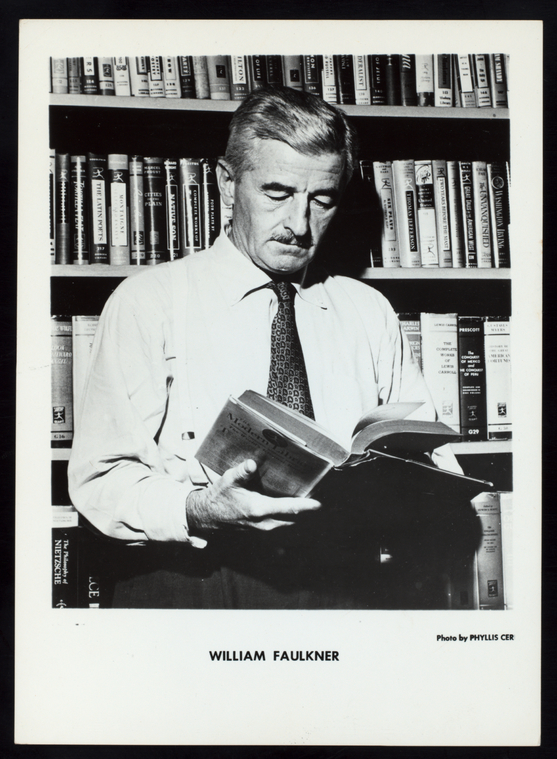Yesterday’s post on short stories was part love song, part lamentation. Today we tell you what we’re going to do about the lamentation part of things.
But first, appropriately, a very short story:
The other day I was included on an email chain between the participants of a once-great book club. As often happens in life, this half dozen men in their early thirties had been spread far and wide by the grad-school/professional diaspora, and now meets only once a year during the holidays. From what I could tell, a few half-hearted emails are occasionally traded to spur or check on progress, and at least one daunting title had been jettisoned midway through the year to stave off a mutiny of the disinterested.
But then something interesting happened. One of them circulated a short story he thought just might intrigue the group. What followed was a flurry of emails and informal reviews that ranged from high praise to “not-that-great,” and from profound and eloquent to downright hilarious. In fact, I’d never seen a group of non-writer thirty-somethings mobilize themselves to a literary discussion quite so quickly before. It spawned an epiphany of sorts:
Short stories are short. People will actually read them. The point of the story can usually be smoked out of its hiding place in very little time, and you can say about it what you want to in the space of a short email or blog comment. They are infinitely better suited to comprehensive club-type discussions than the long works of fiction that three-quarters of the group never likes, and half the group never reads.
Now, are we the first short story club in existence? Certainly not. Are we the best short story club in existence? It’s likely. But we know we’re the only one that enjoys the ongoing patronage of Mr. John R. Lyman. So who is this great man, you ask? That’s a great question, and we look forward to all your great questions, comments, complaints and criticisms as we launch the short story club that bears his name.
First up for the JRLMSSC in January? We might as well start with a doozy: “Walter John Harmon” by E.L. Doctorow, published in the New Yorker in 2003, and collected in his 2004 book Sweet Land Stories. Here's the opening:
When Betty told me she would go that night to Walter John Harmon I didn’t think I reacted. But she looked into my eyes and must have seen something—some slight loss of vitality, a moment’s dullness of expression. And she understood that for all my study and hard work the Seventh Attainment was still not mine. [Read More]
It is Fascinating. You won't want to miss it. Click the link, read it, mull it over, and come back here to hash it out on Thursday January 19th.
And don't forget, the first rule of Short Story Club is: you do not talk about Short Story Cl– wait a minute, no… that’s another club. The first rule of Short Story Club is tell everyone about short story club. It’s gonna be off the chain!











